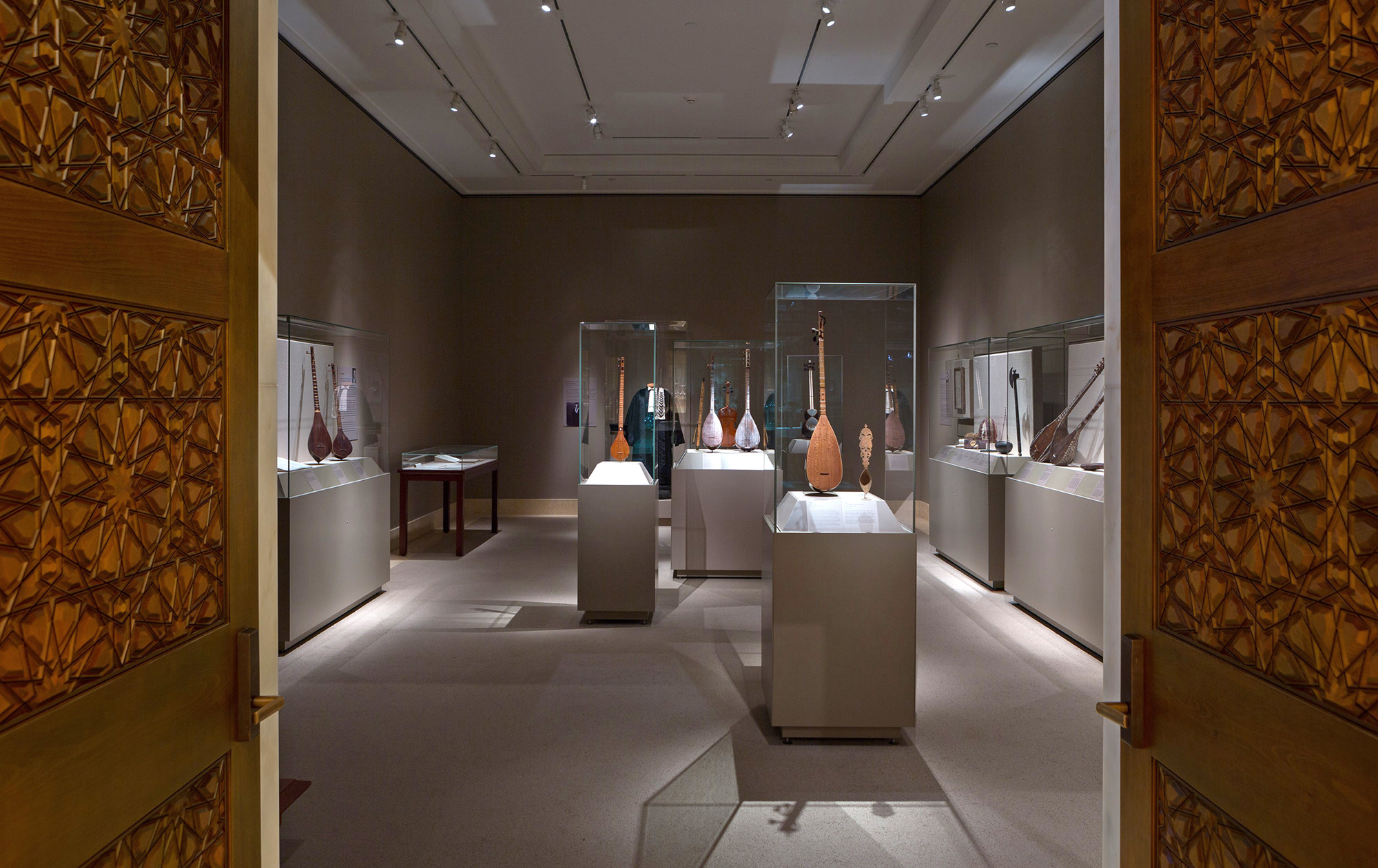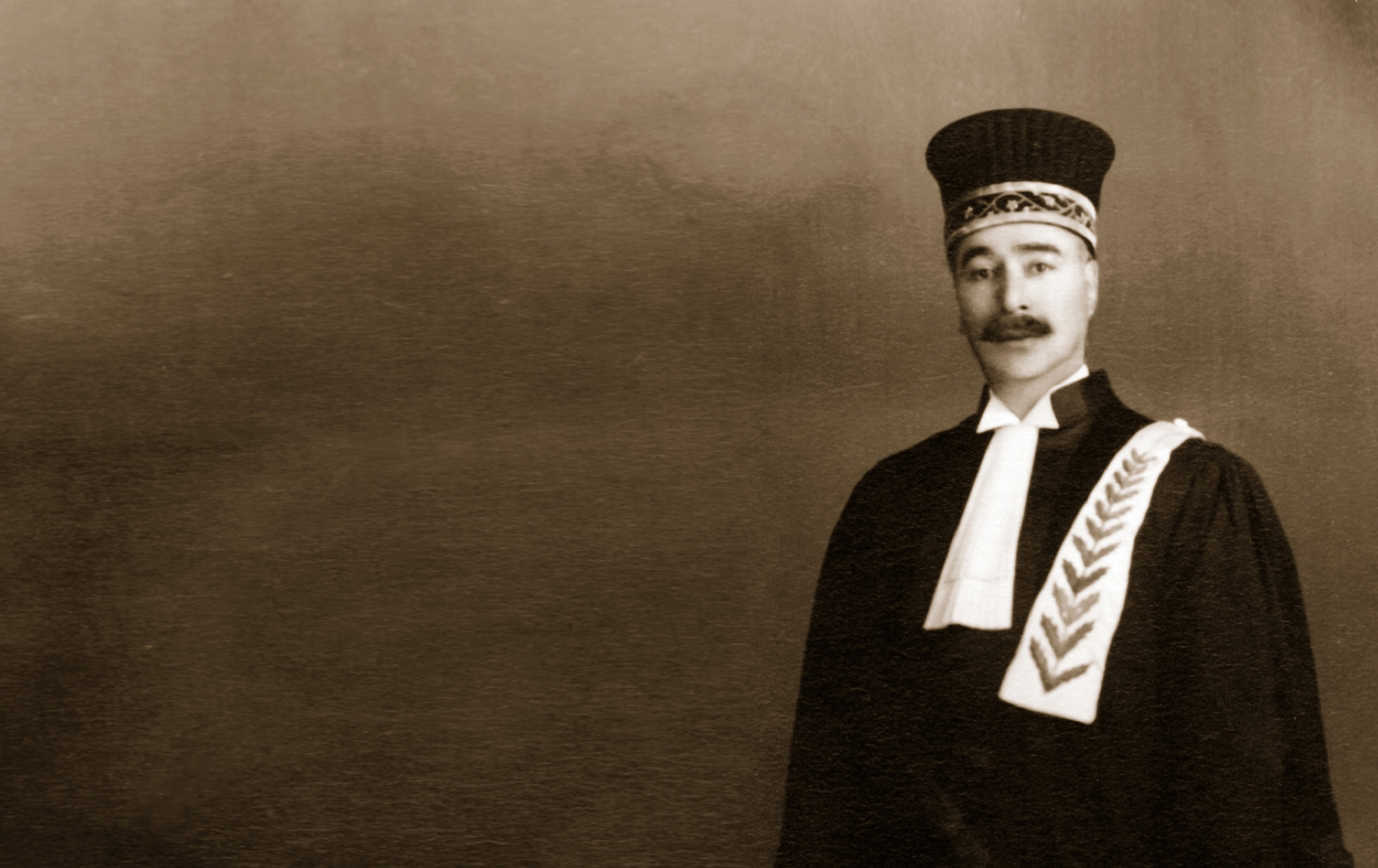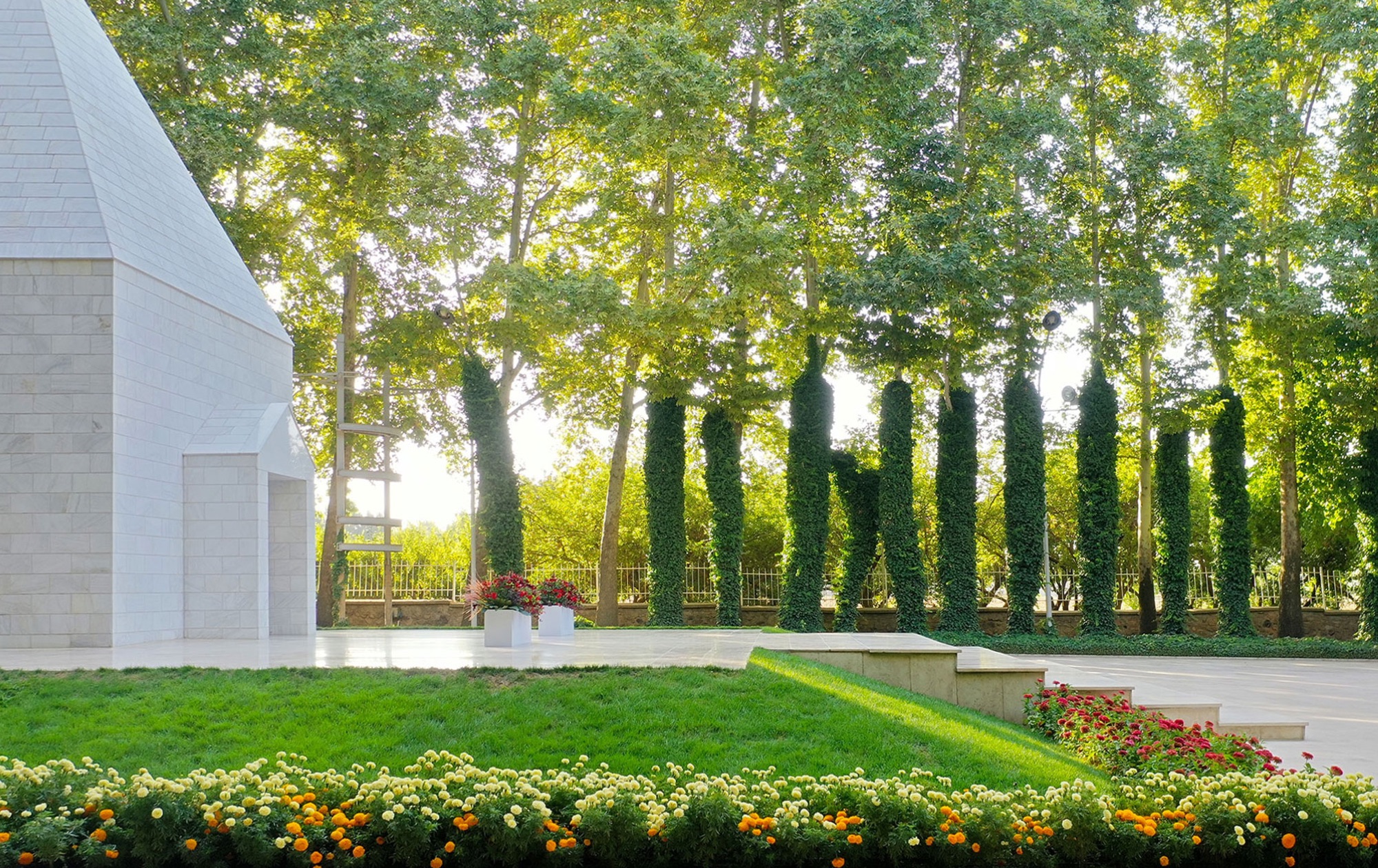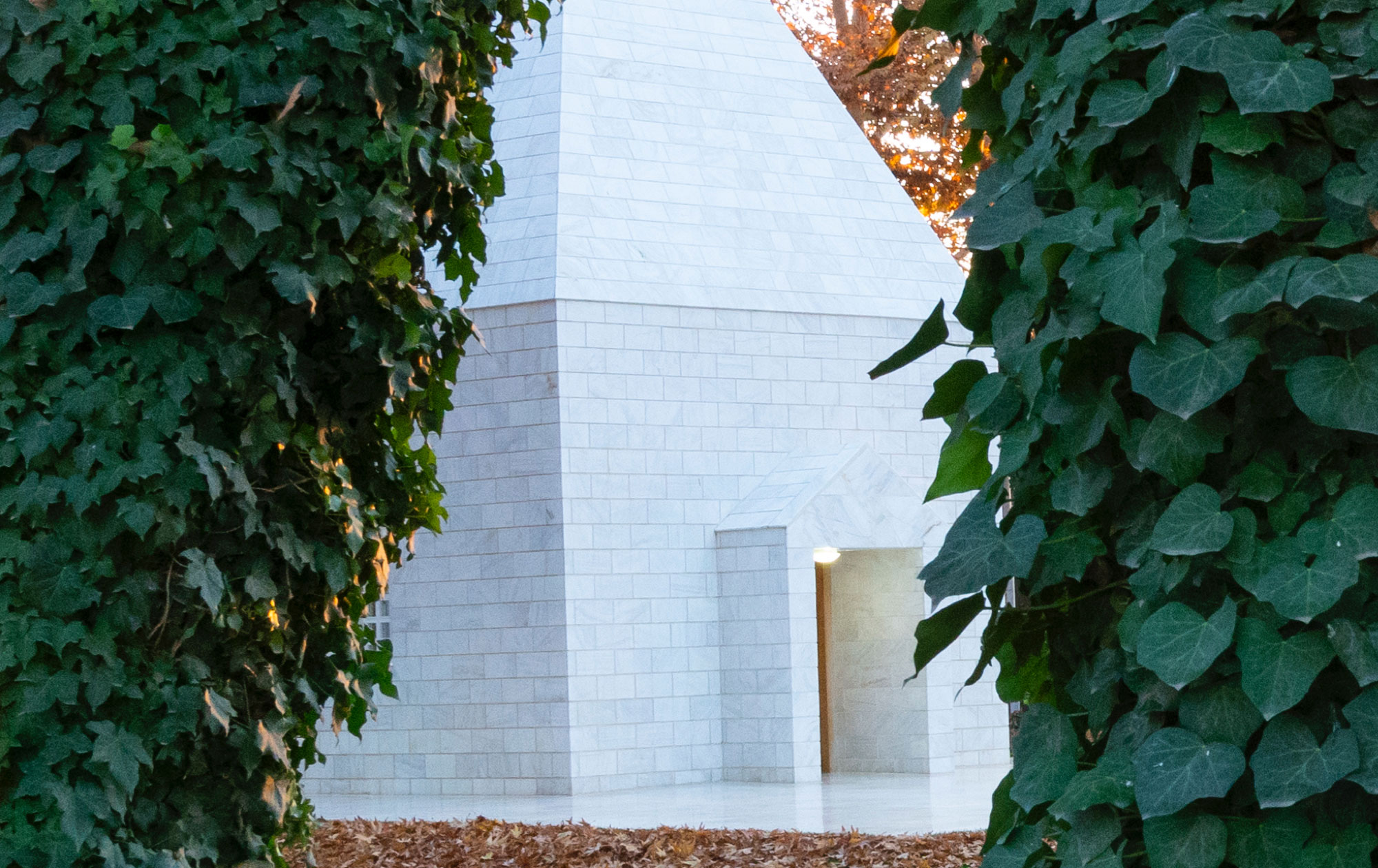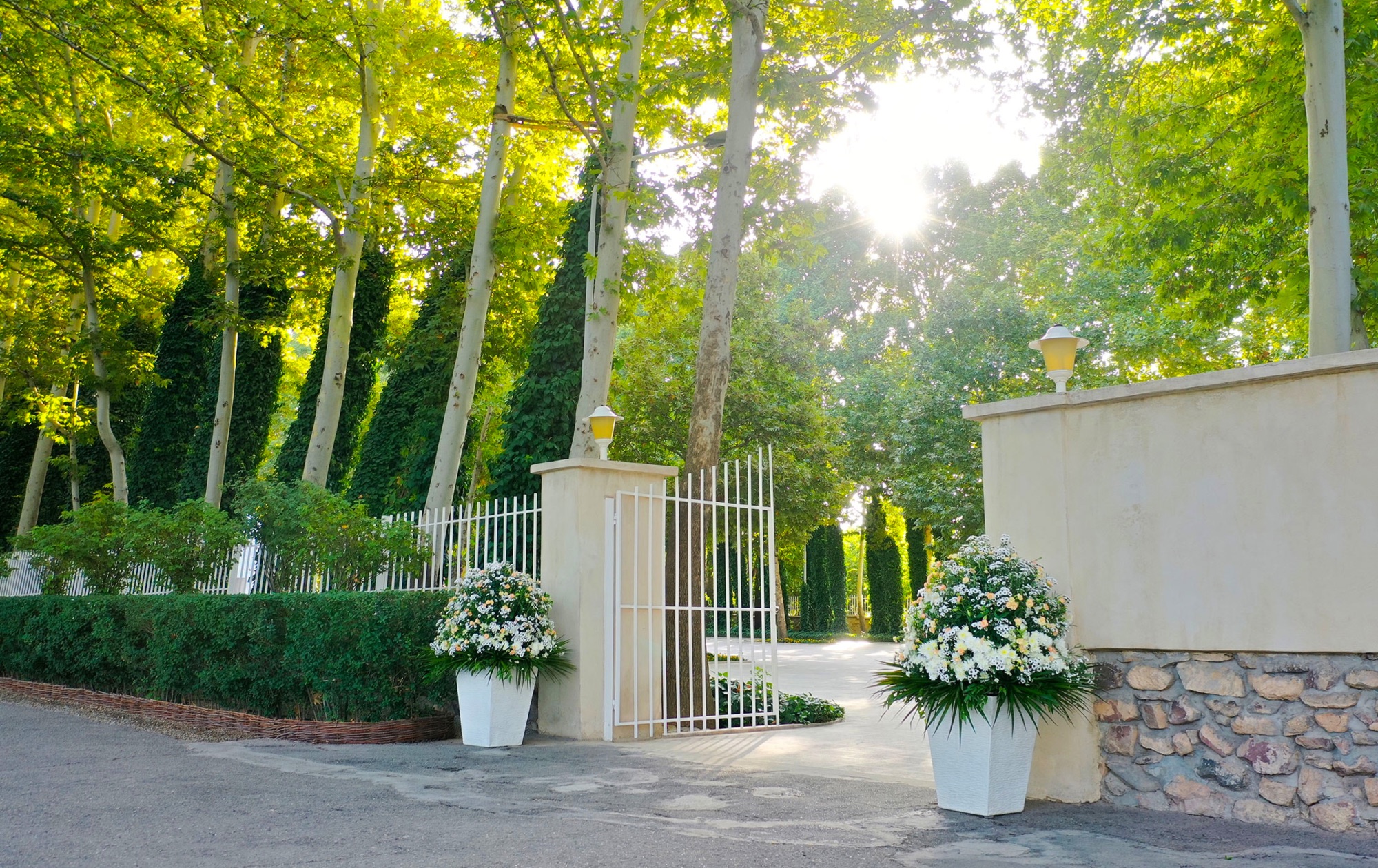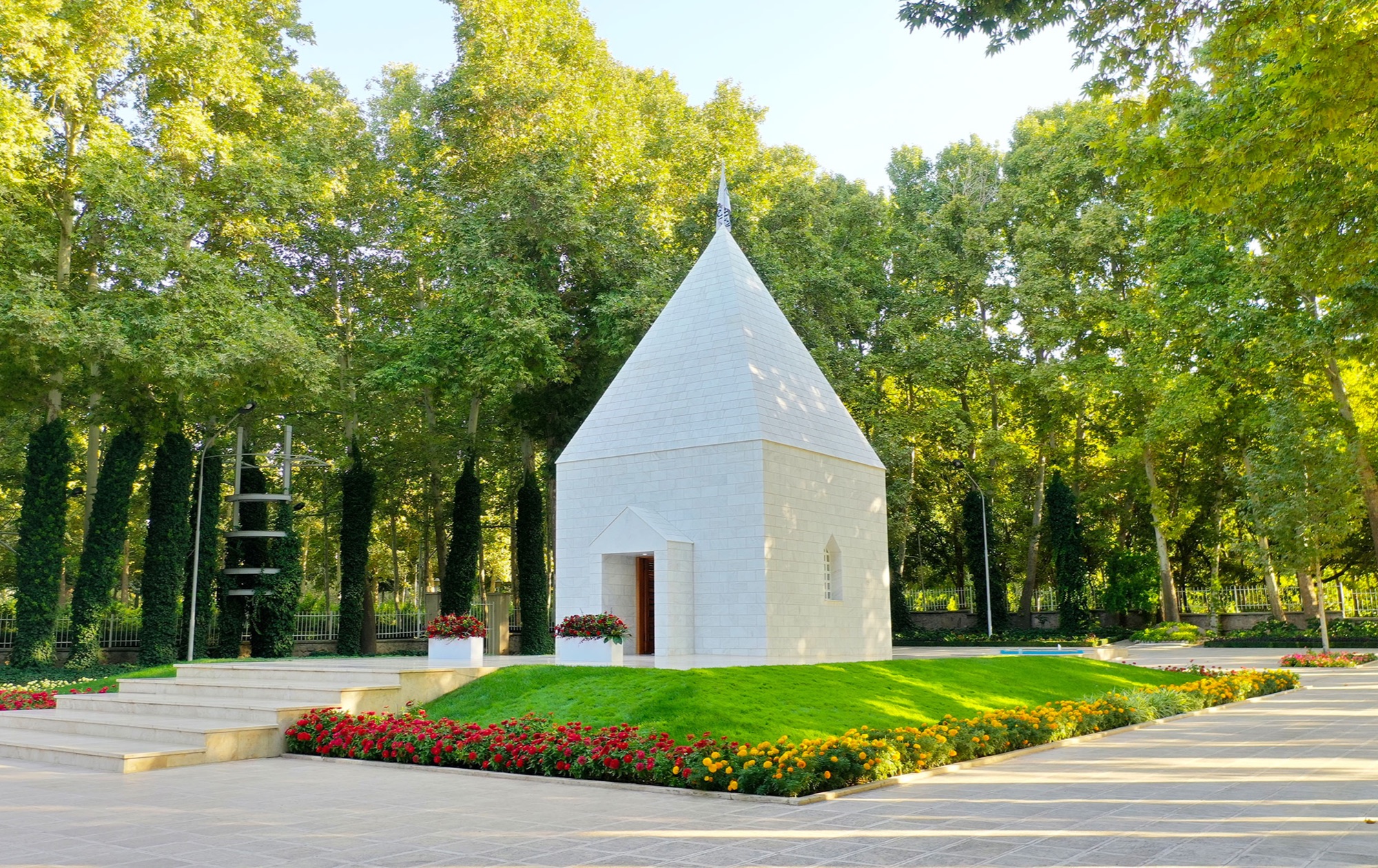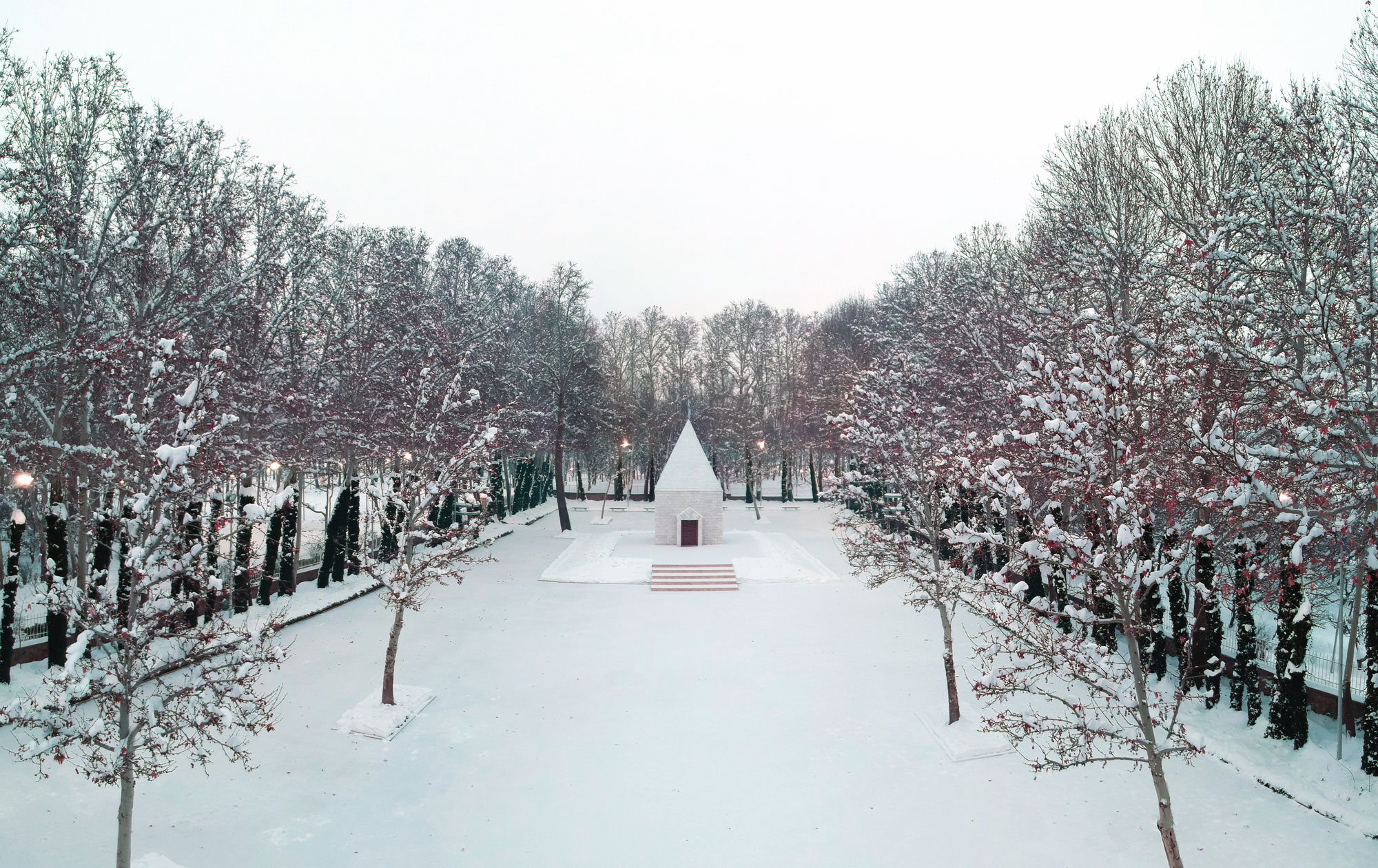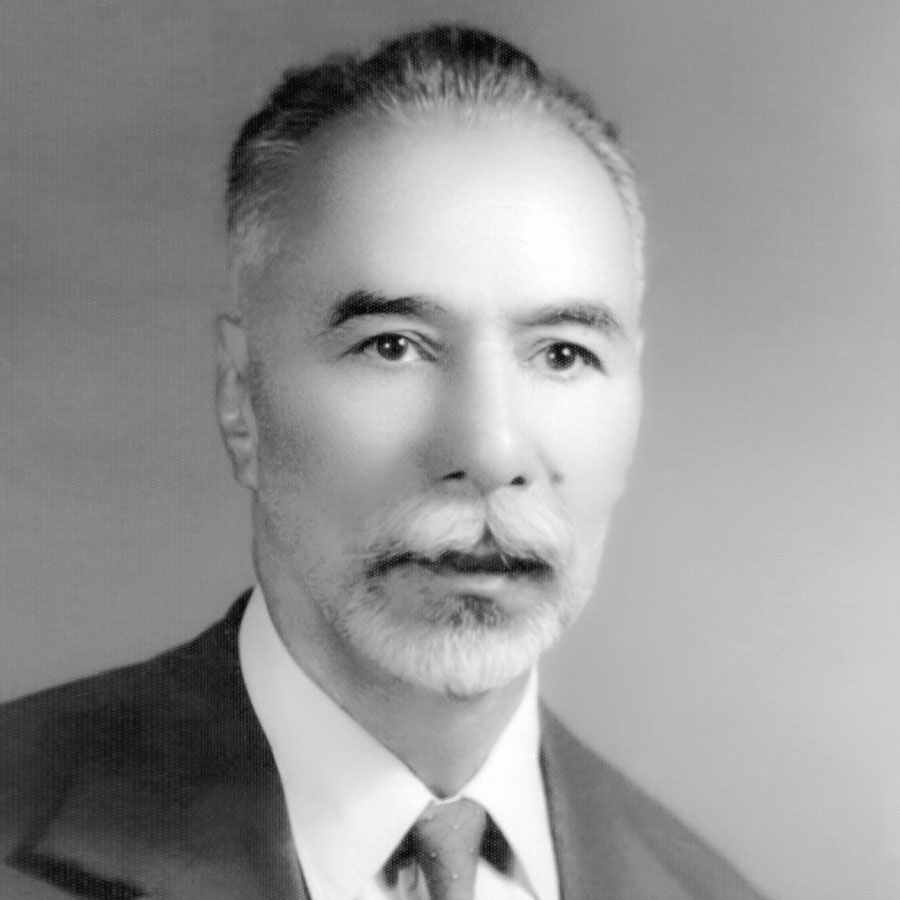
About Ostad Elahi
Ostad Elahi was an influential thinker, jurist, and musician who founded an innovative approach to the pursuit of self-knowledge and existential meaning. Born in a remote village in Western Iran, his remarkable journey began as a classic mystic steeped in age-old ascetic practices. In time, he would leave behind his retreat to test his ethical principles in the midst of society, engaging a life of public service as a distinguished jurist. Following his retirement, he authored several scholarly treatises on the basis of his ongoing research and personal experience. His work extracts the quintessence of the great religious traditions and provides an existential roadmap that is compatible with the lives and mentalities of modern human beings.
Judicial Career
Throughout his career—from Examining Magistrate in the District Courts to Chief Judge of the Criminal Court of Appeals—Ostad Elahi had to repeatedly overcome the corrupt influence of wealthy merchants and powerful landowners wielding significant control over a nascent Ministry of Justice after the fall of the Qajar dynasty. His refusal to compromise his integrity or succumb to such pressures, despite threats to his personal safety and frequent transfers to undesirable posts, led him to conclude that the whole of the twelve years of asceticism he endured prior to joining government service had less spiritual value than a single year spent in the judiciary striving to fulfill his duty.


Philosophy and Thought
According to Ostad Elahi, there is more to human beings than a physical body endowed with intelligence. One’s real self, or “soul,” is not limited to a biological existence, nor does it perish with the demise of the body. Endowed with reason, willpower, and a moral sense, this self bears an innate capacity for transformation and the attainment of a higher state, one which Ostad deems to be the very purpose of our existence and describes as “Perfection.” His novel philosophy delineates the cognitive conditions and ethical principles required to undertake the stages in the soul’s process of spiritual perfection, which culminates in the realization of one’s full humanity.
Musical Influence
By the age of nine, Ostad was already recognized as a peerless master of the tanbur, an ancient Kurdish lute reserved for devotional purposes. Not only did Ostad transform the art of tanbur through his modifications to the instrument—adding a third string, innovating new playing techniques using the fingers of both hands, and introducing a novel resonance tuning—but he also elevated this ancient musical tradition to a learned art form by assembling a repertoire of over a hundred pieces. Ultimately, the profound impact of Ostad’s music reflects the embodiment of a lifelong pursuit of self-knowledge in the quest for existential meaning and transcendence.




